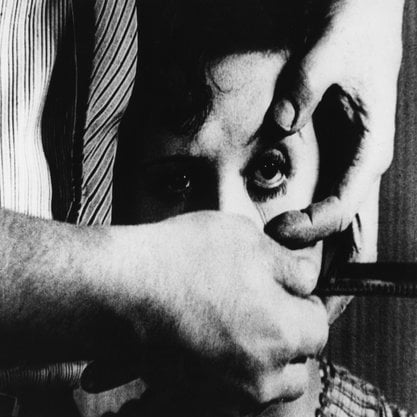Article
Wajda, Andrzej (1926--) By Ionita, Maria
Article
Andrezj Wajda is a Polish film and theater director, best known for his politically engaged films exploring Polish history, and his collaboration with the actor Zbigniew Cybulski.
In 1940 Wajda’s father was killed by the Soviets in the Katyn Forest massacre. In 1942 he joined the Polish Resistance, fighting in the Army of the Interior, which had ties to the Polish government in exile in London, rather than to the Soviet Union. He would later translate some of his wartime experiences in his highly acclaimed film trilogy, A Generation (1955), Kanał (1957), and Ashes and Diamonds (1958).
The heroes of these movies are young and desperate: in A Generation they are communist partisans. In Kanał they are Jewish fighters during the bloody Warsaw Ghetto uprising. The intensity and passion of their struggle stands in stark contrast to the historical hell they are traversing (Kanał’s descent into the Warsaw sewers is shot to resemble a Dantean inferno). Nowhere is this more evident than in the masterful Ashes and Diamonds, which takes place in the immediate aftermath of the war and details a minor episode in the murky struggle for power between the communist partisans and the Army of the Interior.

